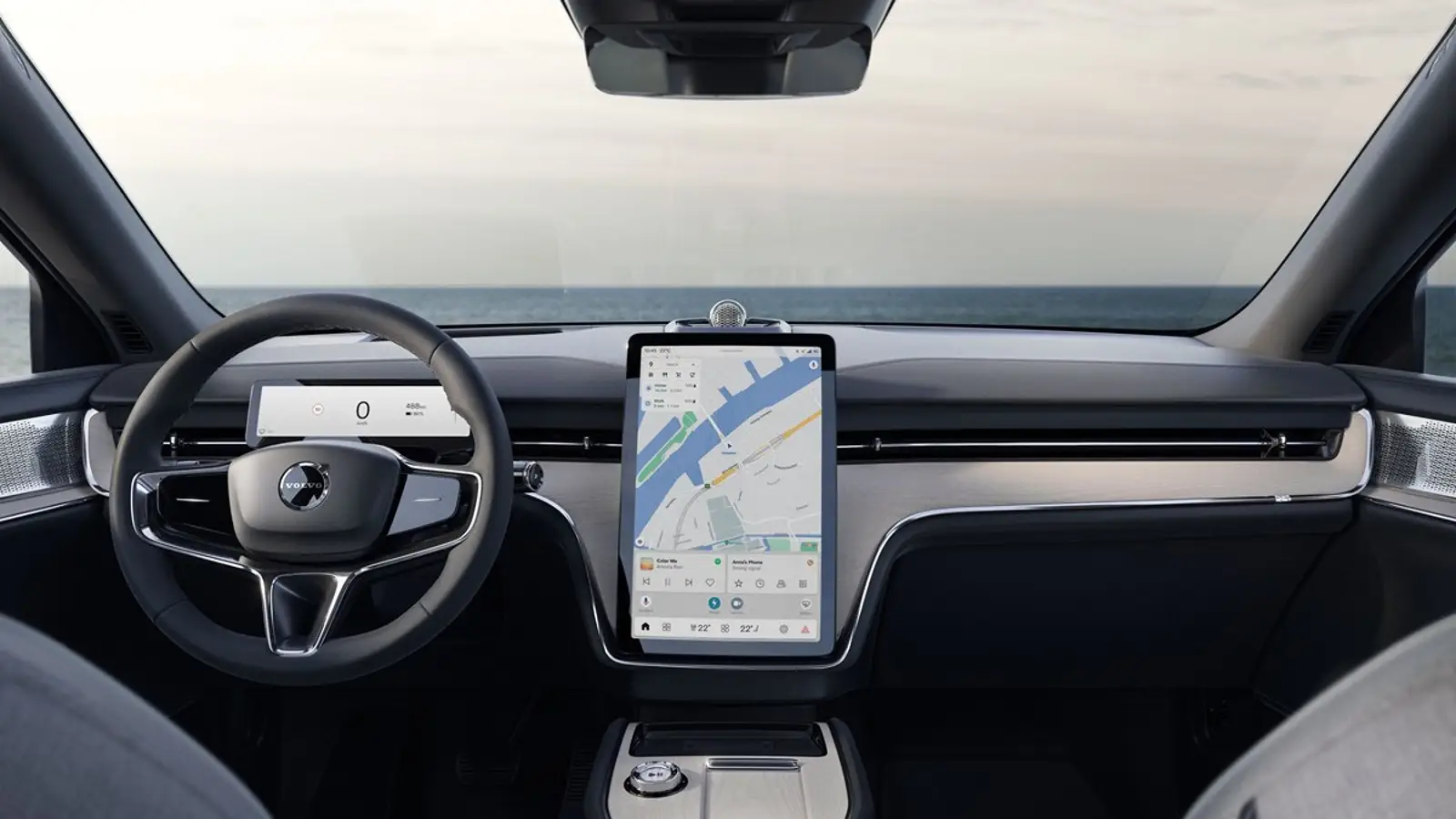Volvo integrates Google Gemini AI into Android Automotive OS

Volvo expands its Google partnership to launch Gemini AI in Android Automotive OS, starting with EX90. Learn about features and rollout schedule.
Volvo Cars and Google are deepening their longstanding partnership, taking the interaction between driver and vehicle to a new level. Announced at Google I/O 2025, the expanded collaboration introduces Google’s latest conversational AI, Gemini, into Volvo cars equipped with Google built-in services. By the end of the year, Gemini will replace the current Google Assistant in these models.
The technology debuted in the flagship Volvo EX90 during the I/O demonstration. Gemini showcased its ability to engage in natural dialogue with the driver: not just recognizing commands, but understanding context, translating messages before sending them, answering queries from the car manual, and offering real-time destination information. All of this aims to reduce cognitive load and enhance safety behind the wheel.
Strategically, the move is even more significant: Volvo has officially become a reference hardware platform for Android Automotive OS development. This means new features and updates will be tested on Volvo vehicles before entering the main Android codebase—essentially positioning Volvo as Google’s frontline development partner in automotive innovation.
The new features are expected to arrive first on models running Android 15, starting with the EX90. In contrast, other automakers using Android Automotive are currently operating with older versions, often lagging one or two releases behind.
Without similar announcements from rivals like Mercedes, BMW, or Tesla, Volvo is once again emerging at the forefront of the industry’s digital shift. So far, no other manufacturer has declared plans to implement Gemini or engage with Google on a similar scale.
The professional response has been largely positive. Reporters and analysts who tested the system praised its intuitive interface and practical use. While some public voices express caution about the necessity of such advanced AI in everyday driving, most agree it marks meaningful progress.
On privacy and legal standards, little is publicly known. However, Volvo emphasizes its use of AI and virtual environments in developing and testing safety systems. This includes realistic 3D scenarios for ADAS and automated driving technologies, potentially making each journey safer.
Volvo isn’t just adding another smart assistant—it’s setting a new benchmark for human-machine interaction, where AI becomes an active part of the driving experience.
Mark Havelin
2025, May 22 17:06


